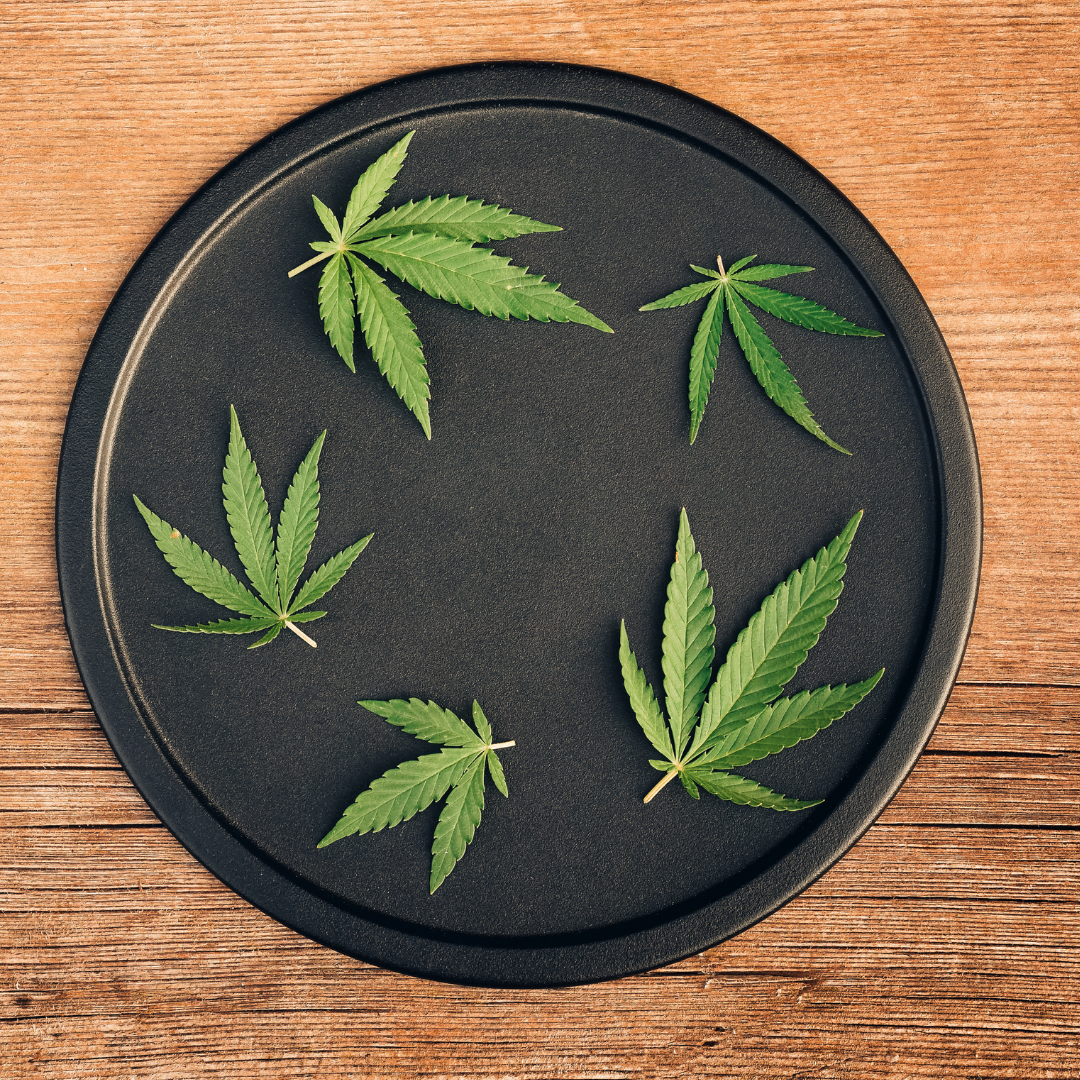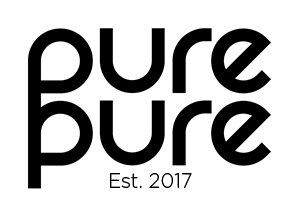
Wrong Myths About CBD
As CBD becomes more well-known, so do myths about it. It is not always the case that these inconsistencies occur when someone is attempting to spread false facts. It’s because the study of CBD is only in its early stages, and scientists are constantly making discoveries, which means that certain things are bound to change.
To help clear the air, here are some of the most popular CBD myths that you or you might encounter while researching it.
CBD and Cannabis Are the Same
Many people mistakenly believe that CBD and cannabis can be used interchangeably, which is entirely false. However, CBD is a compound found in cannabis, hemp, and other plants in the same family as cannabis.
We’ll also go into the key differences between cannabis and hemp to help you understand. It all has to do with THC, the other most widely used cannabis ingredient. Hemp is high in CBD and contains little or no THC, whereas cannabis is high in THC.
Furthermore, most CBD supplements on the market are made from hemp and have less than 0.3 percent THC.
CBD Will Make You High
One of the most well-known CBD misconceptions is that it makes people high. Although CBD does not get you high like its cousin THC, any drug that alters your brain is classified as psychoactive. So, while CBD will not make you high or sleepy, it is still a drug that will have an effect on your overall health.
The short response to whether CBD would cause you to fail a drug test is no. Typical drug tests look for THC, not CBD, and while your CBD oil may contain traces of THC, it’s typically less than 0.3 percent, so that it won’t show up on a test.
CBD Is Not a Psychoactive
CBD is not intoxicating, but the term “non-psychoactive” is deceptive. CBD is an effective mood-altering compound when a chronically depressed patient takes a low dose of a CBD-rich sublingual spray or tincture and has a lovely day for the first time in a long time.
Furthermore, it’s better to say, “CBD isn’t psychoactive like THC,” rather than literally “CBD isn’t psychoactive.” CBD will not render you stoned, but it will have a positive effect on your mind.
CBD Products Are All the Same
To claim that all CBD or CBD products are the same is a hoax. CBD oil, for instance, is a substance that includes CBD as the main ingredient, but it also contains other plant molecules and terpenes, which may have more beneficial effects than CBD.
The entourage refers to these additional ingredients, which may vary significantly from product to product. It means that full-spectrum CBD oil would be much more potent than CBD isolate, containing CBD.
You’ll have to experiment to see the sort of CBD oil best fits your biochemistry, just as you’ll have to figure out if your body responds better to coffee or black tea. Please read the label carefully, pay attention to where your CBD comes from, and select brands that thoroughly test their products.
CBD Is Sedating
Although CBD-dominant cannabis preparations were once thought to have a sedative effect, CBD is an alerting substance. CBD has been shown to mitigate THC’s sedative effects, delay sleep time, and reduce the “hangover” associated with THC use.
Furthermore, small doses of CBD are mildly energizing. However, very high doses of CBD can cause a biphasic effect and promote sleep. If CBD-rich cannabis flower has a sedative effect, it’s most likely due to a high myrcene content in the terpene profile.
Also, Myrcene is also a terpene that has sedative and analgesic properties. CBD is not a sedative by itself, but it may aid in the restoration of normal sleeping patterns by reducing anxiety.
No Scientific Proof That CBD Has Any Health Benefits
Although research into the exact number of health benefits of CBD is still underway, it would be unfair to dismiss all of the work that has already been done. There is empirical evidence that CBD can help people with a variety of health problems.
Epidiolex is a CBD-based drug that the FDA has licensed to treat two severe types of epilepsy: Dravet and Lennox-Gastaut syndrome. Since cannabis is still classified as a Schedule 1 substance, this is a big move forward for CBD science.
Furthermore, schedule 1 drugs have little medical merit, but Epidiolex’s promising clinical trial results persuaded the FDA to approve it. It raises the question of whether cannabis should be classified as a Schedule 1 drug.
Small Dose of CBD Is Enough
To experience the benefits of CBD, you must take it every day and in large quantities. Hundreds of milligrams per dose have been used in studies using pharmaceutical-grade CBD to treat anxiety, schizophrenia, and seizures.
Will Get You Addicted
Some people are hesitant to try CBD because they fear being addicted and unable to stop using it. Though CBD does interfere with your nervous system, it does not have the potential to cause addiction.
Furthermore, CBD does not seem to have any addiction-related effects of its own. It may be because CBD has no intoxicating properties. CBD is not only non-addictive, but it can also aid in the treatment of opioid addiction.
Also, CBD is a viable alternative to morphine-based medications, commonly used to treat extreme pain and are notoriously addictive.
Cannabinoid Receptors Are Activated by Cannabidiol
As a necessary part of life, we all have an endocannabinoid. It aids in the recovery from disease and injury by restoring cellular equilibrium, and it is constantly active in all of our organs and tissues to keep us healthy.
Therefore, this mechanism is a natural target for treatments in almost every disease known to man, including plants, medications, and lifestyle changes.
The pervasive involvement and therapeutic effects of the endocannabinoid system justify the hard-to-believe effectiveness of medicinal cannabis in treating neurologic, inflammatory, gastrointestinal, psychiatric, infectious, and metabolic conditions.
Takeaway
Given that many myths surround the existence and value of CBD, it is best to do additional research about it. Also, it will not harm you if you consult your doctor about the effects of CBD inside your body. It’s essential that you know things about CBD from an expert, and not believe the things you hear and read.






